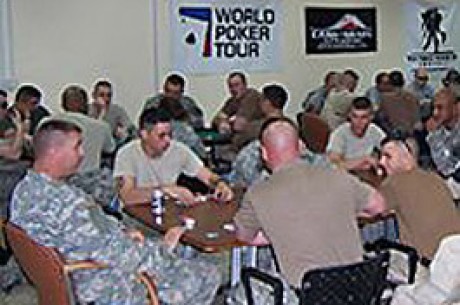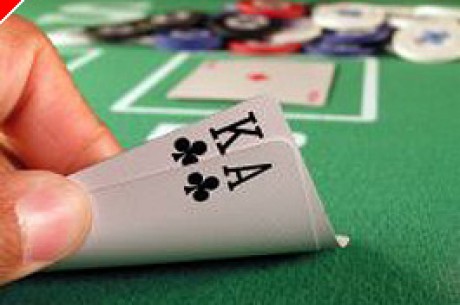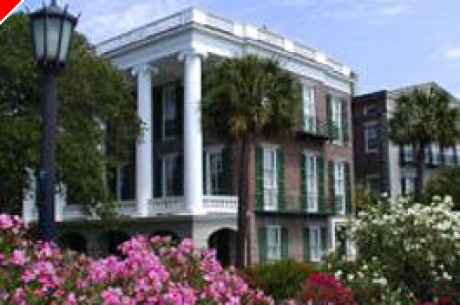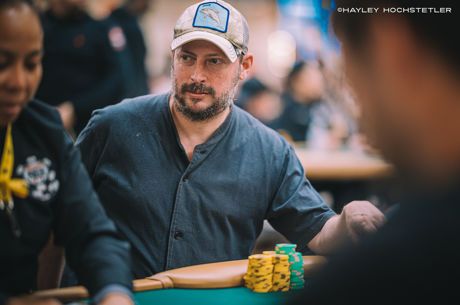Louisiana Poker Bill Comes Up Short
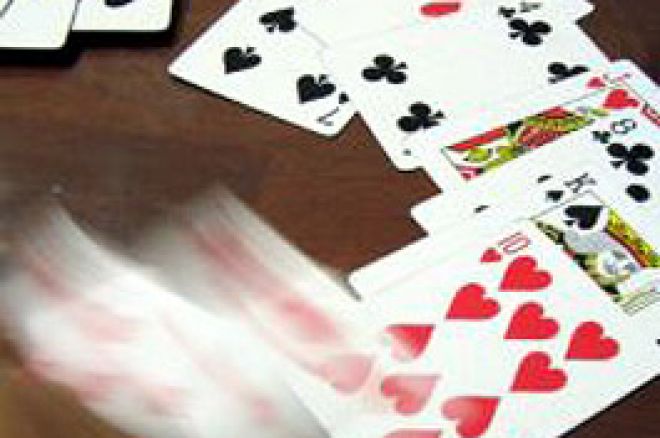
Poker is not as prevalent in Louisiana as it was in the late 1800's. By most accounts, poker originated aboard the steamships of the Mississippi that cruised through the Bayou State and the game spread from there. Fast forward to the 21st century and there are only four live poker rooms in the state of Louisiana and it is currently verboten for the game to be played outside of those rooms. A recent attempt to change that law in a small way went through action in the House body of the government.
On April 25th, the legislation failed to garner enough votes to pass through to the Senate. Coming up two votes short, the legislation, known as House Bill 1149, would have legalized charity tournament events and local "bar poker" tournaments throughout the state. The discussion of the bill perhaps was where the biggest battles were drawn and show the continued debate over poker in America today.
The bill was an attempt to not only open up participation by Louisiana residents in such poker outlets but would have also aided the rapidly growing "bar poker" segment of poker today. HB1149 was aimed at setting guidelines to regulate the growing trends, such as how often the tournaments could be played and setting age and advertising restrictions. However, Louisiana Governor Kathleen Blanco, a Democrat who has been strangled with the burdens of rebuilding a state devastated by hurricanes in 2005, had stated she would veto any attempt to amend the current poker situation in the state, which brought a strong response from the sponsor of the bill in the Legislature.
The sponsor of the bill, Democrat Warren Triche, opened fire on the governor for interfering with the legislative process before the bill even reached her desk. He also wasn't very pleased with the fact that Blanco's legal advisors testified against the bill's passage. Where the two sides differ is where many states have issues regarding much of poker played outside of casino outlets.
Triche had told lawmakers that the tournaments are not gambling because the businesses don't get a cut of the action. "The house gets nothing...that's why it's not gambling," he said. The state takes a different look at the issue, logically saying that the increase in sales of alcohol and food is their profit for providing the games and, thus, they profit from the tournament, making it illegal.
The bill isn't dead yet, however. Triche can resubmit his bill for consideration and, with passage of the bill, perhaps force the Governor into a difficult decision of whether to allow the tournaments or face the residents of Louisiana (as well as a potential uprising from her own party members) for her actions. For those people along the Gulf Coast, they may still have to go to the casino for poker right now but it is a situation that could be changing. We'll keep an eye out on further debate on poker in the governmental chambers in Baton Rouge as more information comes along.
Ed Note: Like we keep saying, play in the comfort, and safety of your own home at Poker Stars

